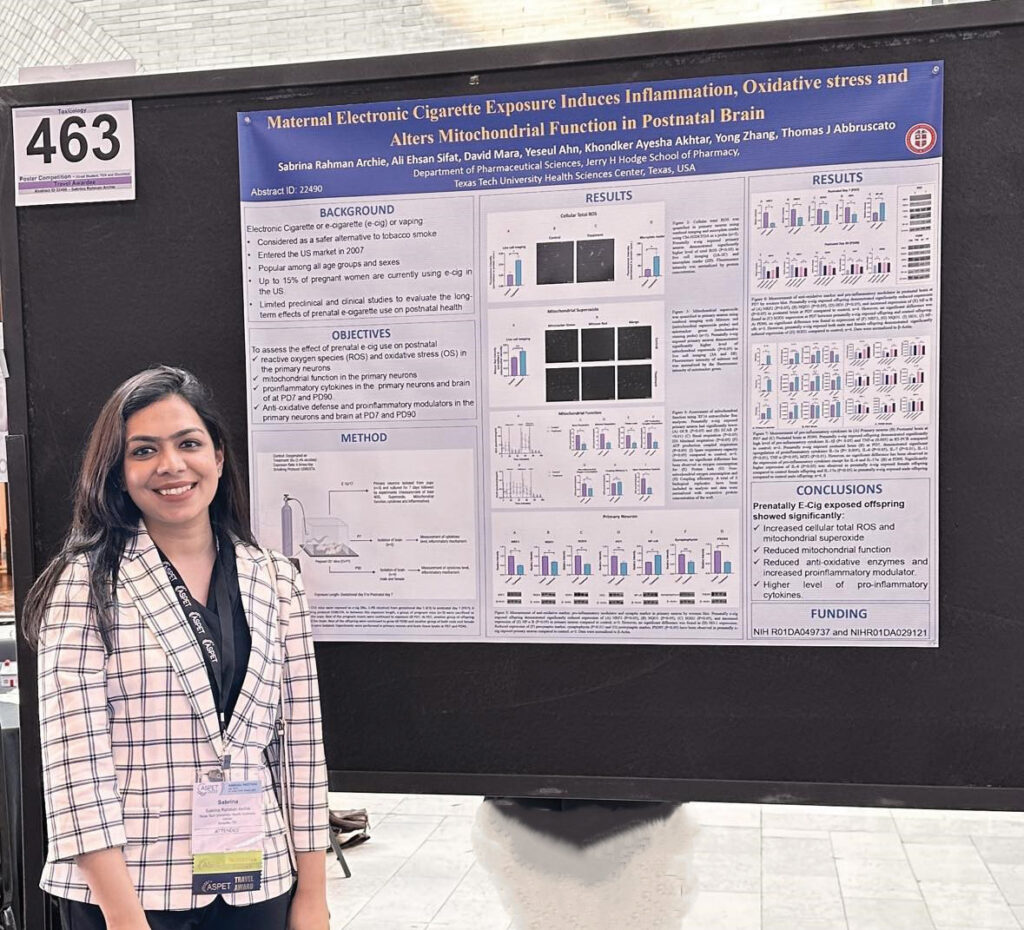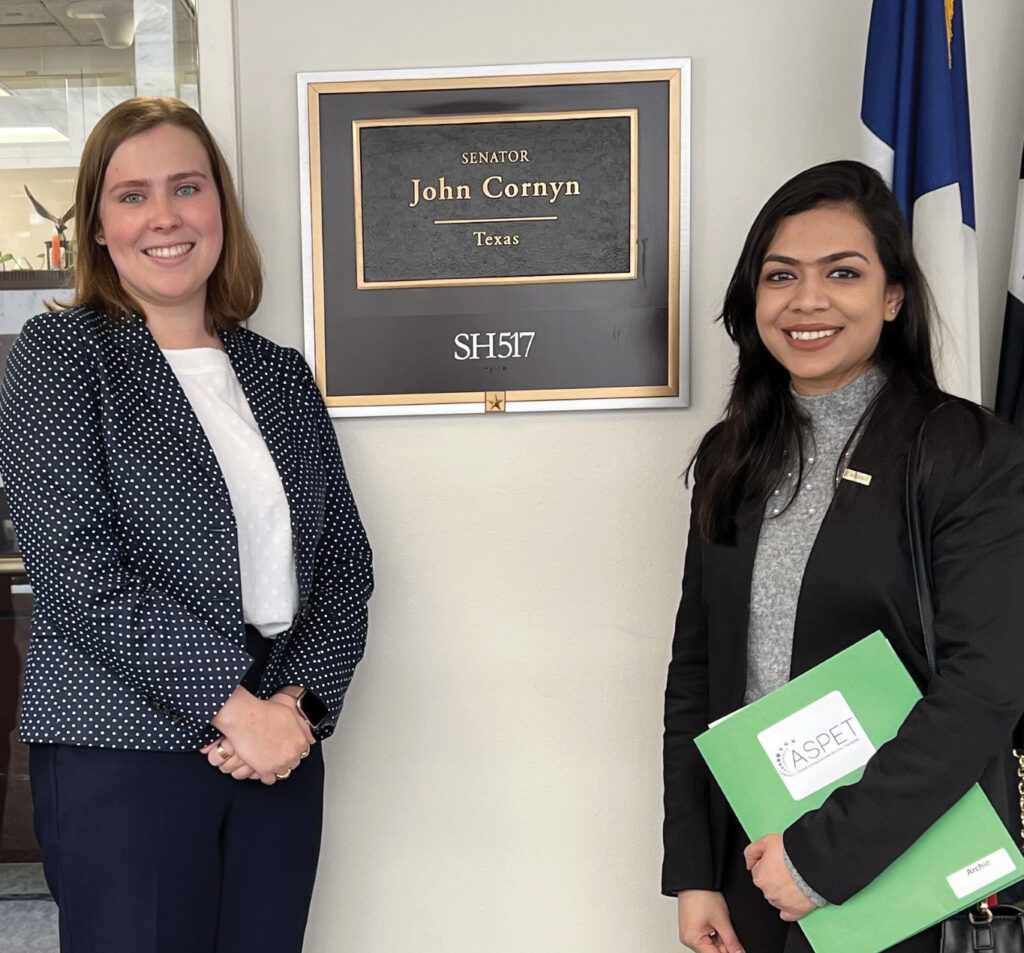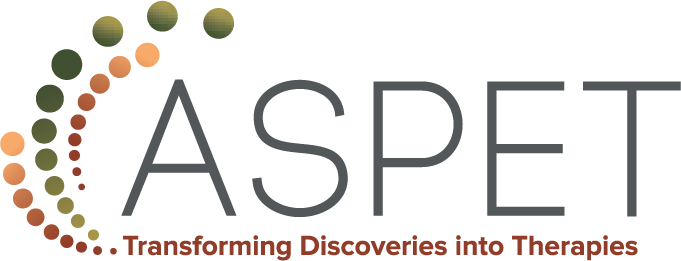Finding Funding for Biomedical Research
By Lynne Harris, MA, APR
Sabrina Rahman Archie, PhD, focused her doctoral research on maternal and pediatric health. She specifically evaluated the potential harmful impact of maternal electronic cigarette (e-cig) use, or vaping, on postnatal health using in-vivo models. Dr. Archie’s research sparked her interest in public policy and advocacy as she recognized the urgent need for public health policy development.
“This research fueled my passion for understanding the broader implications of smoking and vaping on public health and inspired me to assess the safety of maternal vaping on neonatal health,” Dr. Archie explained.

After receiving her PhD in Pharmaceutical Sciences from Texas Tech University Health Sciences Center, Dr. Archie began work as a Postdoctoral ORISE Fellow at the U.S. Food and Drug Administration. Her research focuses on ensuring safe and effective drug dosing in the pediatric population and contributing to research associated with policy development.
During her summer ORISE fellowship, she worked on a policy-related project related to the pediatric population. Her policy development work helped address gaps in pharmacokinetic studies and dosing recommendations for pediatric patients. She is committed to driving positive change in public health and pharmaceutical sciences.
“My career path was shaped by my growing awareness of the detrimental impact of tobacco smoking and vaping on the cerebrovascular system. I advocated for increased emphasis on both pre-clinical and clinical research assessing the effect of tobacco and e-cig exposure on pregnant women and pediatric populations,” Dr. Archie said.
Recently, e-cig use has surged in popularity as a perceived safer alternative to tobacco smoke, yet there remains a lack of concrete evidence regarding its safety due to limited preclinical and clinical studies. A significant percentage of pregnant women in the U.S. are e-cig users, posing potential long-term consequences for neonatal health.
“I firmly believe allocating more resources for research is imperative to ensure health safety of individuals exposed to various toxic compounds found in tobacco smoke and electronic cigarette. Pregnant women and pediatrics are more vulnerable to the adverse effect of these toxic substances. Therefore, I advocate for increased federal funding allocation for biomedical research to uncover and address the threats posed by these substances,” Dr. Archie stressed.
Advocating to address the potential harmful impact of maternal e-cig use on postnatal health, she has presented her research at various scientific meetings, where she has demonstrated the detrimental effects of maternal vaping on postnatal health. In addition, Dr. Archie has expanded her skillset with science policy training.
“My selection as an ASPET 2023 Washington Fellow provided me with the opportunity to deepen my understanding of science policy and advocacy. In Washington D.C., I engaged with congressional staff to advocate for increased federal funding and support for biomedical research, including the importance of animal research. I learned to effectively engage with decision-makers and advocate on Capitol Hill, furthering my commitment to advancing public health and scientific research,” stated Dr. Archie.
Throughout her graduate and post-doctoral studies, Dr. Archie has taken opportunities to fuel her passion for learning and her commitment to becoming more engaged in addressing critical public policy issues.
“Positive change arises from a collaborative effort imbued with positivity, consistency and hard work. My research findings on evaluating the impact of maternal e-cig use on neonatal health were published in peer-reviewed journals. I am hopeful that these findings will serve as a catalyst to assist policy-makers in preparing appropriate guidance on the use of e-cig during pregnancy, thereby safeguarding the next generation from its harmful impact,” Dr. Archie attested.
Photos provided by Sabrina Rahman Archie, PhD

Author
-

Lynne Harris, MA, APR, is ASPET’s Director of Marketing and Communications and Executive Editor of The Pharmacologist. She has more than 15 years of experience as a senior-level executive leading communications strategy and 10 years as a journalist. She holds a master’s degree in strategic public communications, Accreditation in Public Relations (APR) through Public Relations Society of America and a certificate in Integrated Communications.
View all posts

